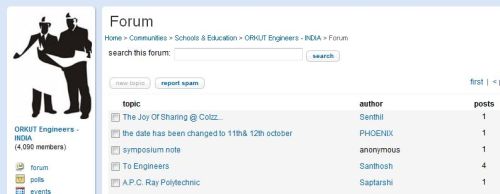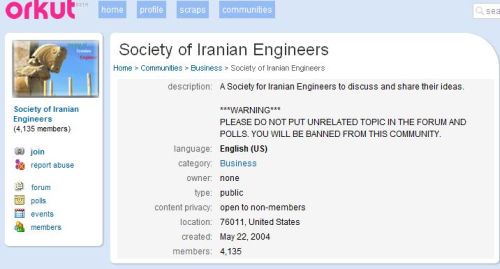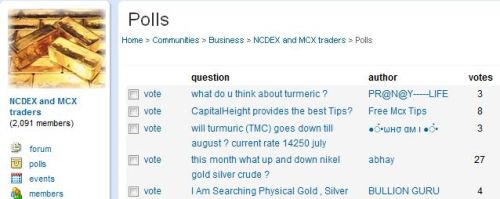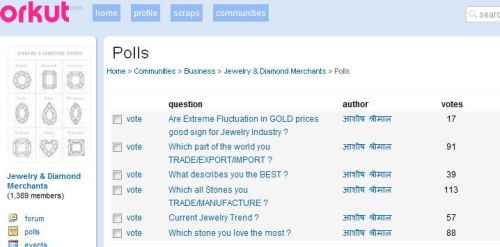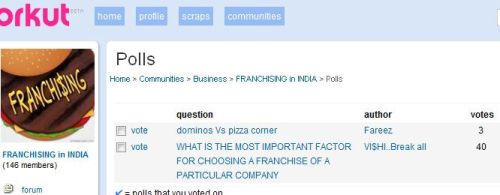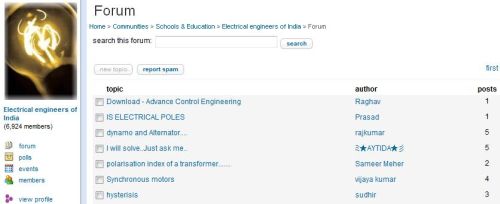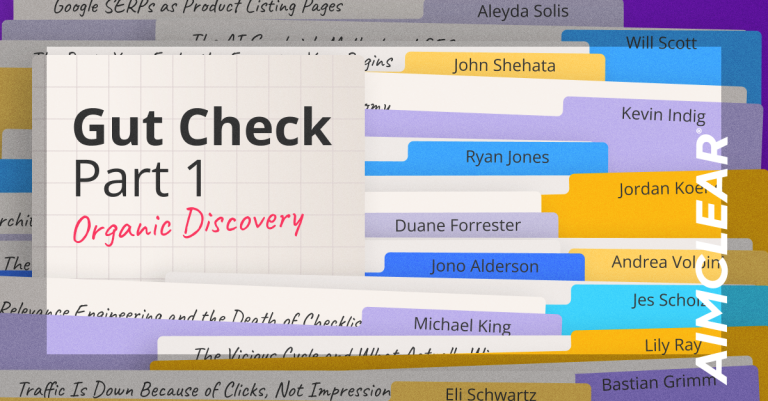
During the summer of 2010, an interesting international client encouraged us to take a look beyond our borders and check out where Facebook was popular in other parts of the world. With Facebook’s 500 million (at the time) users easily eclipsing the total U.S. population, it was clear that the phenomenon was not limited to our country, and we wondered how far it might continue to grow before eventually maxing out. The research project enlightened our team to the massively extending global reach of the still-young social network… and what a difference a year makes, as Facebook approaches 700 million users worldwide, wins a true social search patent, and prepares to launch what may be the definitive cloud-based music service.
While it seems Facebook continues to reign supreme across most of the wired globe, we also got to thinking that it’s not enough to gauge international social media activity by how much of a population is on Facebook. If you really want to understand, connect with and market to demographics in another country, you have to get familiar with their homegrown channels. What other networks already have a stronghold in each country? Where is Facebook “uncool?”
This post kicks off a series of country-specific social networks overviews, complete with best practices, advertising opportunities, and example demographic targets. Up first under our microscope is the “OG” Google social network, Orkut.
Orkut | General Information
- Type: Social Network
- Founded: January 2002
- Headquartered: Belo Horizonte, Brazil
- Top Countries by Usage: Brazil, India, United States, Pakistan
- Target Users: B2B, Young (18-25), non-U.S. English speakers
- Advertising: Yes – Search & Contextual/Display
Orkut is a massive social network, most similar to Facebook. Users create profiles, post updates, share pictures and video, connect with other users and communicate in general.
Orkut users can also join Communities, which are like profiles, but reserved for Topics, Brands, Businesses, Interests, and other general non-human entities seeking a presence on Orkut. Within Communities, users can post in discussion forums, post video and pictures, participate in polls and be invited to specific community events.
Orkut History Lesson: Google commissioned employee Orkut Büyükkökten to create a social network to compete with Friendster in the early 00’s. Orkut officially launched in January of 2002. Orkut was originally headquartered with other Major Google properties in California. In the summer of 2008 Orkut is fully managed, operated and headquartered in Belo Horizonte, Brazil.
Orkut | Universal Statistics
Orkut | User Statistics
Source: www.orkut.com
- According to current Alexa traffic data, Orkut is the 12th most visited website in India
- According to Comscore, in August of 2010 Orkut had 19.9 million users in India.
Anecdotally, there is no single definable user type in Orkut. Users represent a wide assortment of countries, occupations, hobbies, income levels etc. However, most users fall within the 18-25 age range and reside in Brazil or India.
The chart above illustrates that users are primarily interested in Orkut’s social functions. However, there is a large professional presence with these users interacting both in their own profiles and in business focused communities.
Do Businesses Use Orkut?
Businesses can create a branded presence through Orkut Communities (not profiles). Like the early days of Facebook, there are rampant unofficial brand and business pages, many of which have more fans and engagement than the official pages themselves.
There is evidence of many official brands using Orkut, mainly in countries like Brazil and India. Top-shelf brands that actively participate in Orkut include Dell India and Nike.
Best Practices for Brands on Orkut
- Stick with using the Community platform and ads to support your brand. No creating brand profiles!
- Listen to your potential community members before you start, even before you create a community
- Spend time monitoring conversations in other Community forums as well as profiles.
- Understand the special needs and interests of your potential community within Orkut to best advise what you use your official brand Community for once created.
- Optimize your Community for search
- Having the keyword in title seems to have the biggest effect, coupled with having a large number of community members.
- It’s not massively personalized like Facebook SERPs, but social elements are important to rankings.
- Spam is a big problem within Orkut. Actively police spam within your community; delete spam discussions in your forum immediately.
- Community engagement can be approached in a similar fashion to community management in a network like Facebook.
- Community managers in Orkut communities can create and foster engagement through posting interesting content in discussion boards, asking thought provoking questions or learning more about the community through polls.
Tips for Branding Aesthetics
- These tips aren’t much different from Facebook best practices…
- Use a high quality version of your logo, lay out your community ground rules, welcome people at the front gate and look for ways to create incentives for users that ultimately join your group.
- List your brand community under relevant categories so users can find your page through category browsing in addition to search.
- There’s not much customization you can do to your official community, each has a similar layout, use what is available.
- Some administrators try to customize their communities through text colors and emoticons. While it catches the eye more than plain text colors, it is regarded as somewhat trashy and unprofessional

Orkut | Advertising Opportunities
The Official Advertising platform for Orkut is actually Google Adwords. Orkut Ads appear in a few key places across the network:
User Profiles
- Ads appear in the upper right side of user profiles (also their home page)
- Ads can be Images, Video or Text
- Ads can be targeted by keywords on the user’s profile (not just interest buckets) and user demographic information like Age, Gender and Location.
- Ads can also be targeted through use of users interest buckets (like Facebook) in tandem with other information like Age, Gender and Location
- Advertisers can pay on either a CPC or CPM basis
Search Results
- You can also create Search Result text ads that target keywords used in Orkut searches
- Advertisers pay on a CPM basis
- Orkut also has an Organic Advertising platform called “Orkut Promote”
- Promotion was primarily rolled out for users, to share text, video and pictures with friends.
- This is Orkut’s way of igniting organic viral flares at no charge to users.
- Brands can also utilize this space and leverage the same platform, users can also re-promote your ads or trash them if they don’t like it.
Bonus: Orkut B2B Demographic Research Grab Bag
As it happens, Orkut communities are pretty cool. Sure, activity is on the decline, functionality is limited, spam is rampant and users are leaving the network in droves for larger and more robust social experiences. The mass exodus is reminiscent of what’s happened with Myspace groups.
That value of Orkut communities is that the remaining activity is mostly deep B2B-focused discussions, questions and polls from a large non-U.S. audience. It’s a fantastic place to learn about a highly industry specific, English-speaking foreign audience that may encompass some of your international customers.
A few reasons to tap into Orkut Communities research:
- Colloquial Keyword Research – Do English speaking users in foreign countries have their own acronyms/abbreviations?
- Common Mispellings among Non-Native English Speakers. This is total gold for keyword research.
- Gain insight from anonymous user polls. Get ideas for product solution, services, or even content!
- Popular links, news sources and shared resources. You want to find out what they read, right?
- Common customer challenges and needs not being met for users in these regions
- Customer service issues in specific countries; proactive reputation monitoring and management.
The Demographic Research Grab Bag
Orkut Engineers – India
4,090 Members
Society of Iranian Engineers
4,135 Members
NCDEX and MCX Traders
2,091 Members
Jewelry & Diamond Merchants
1,389 Members
Industrial Engineers
173 Members
Franchising In India
146 Members
Electrical Engineers of India
6,294 Members
Civil Contractors
194 Members
Examining global social networks and user-behavior away from the blue-glare of Facebook has certainly been enlightening for us. We hope you find this overview useful in increasing your awareness and understanding of the greater social landscape. In future installments, we’ll dissect several other major non-U.S. social networks. Stay tuned!






